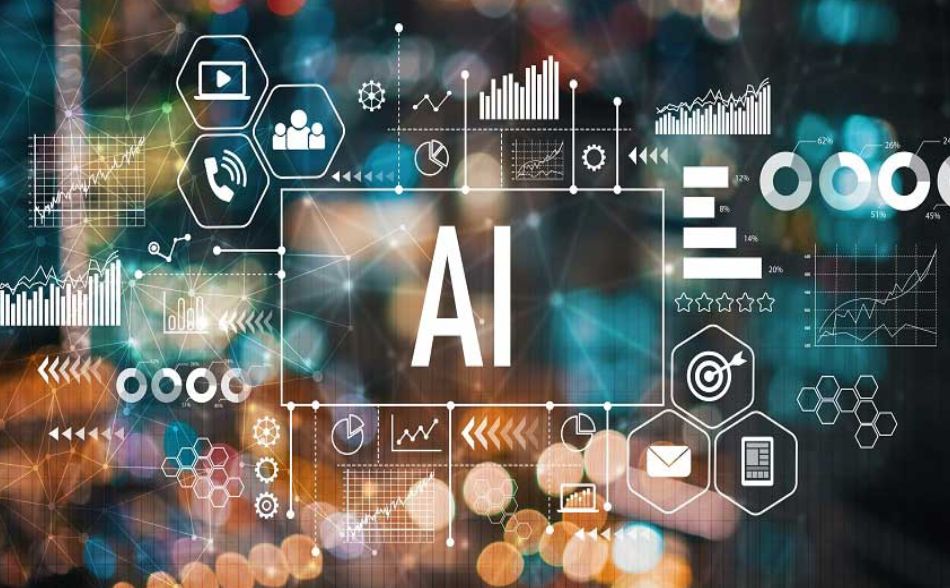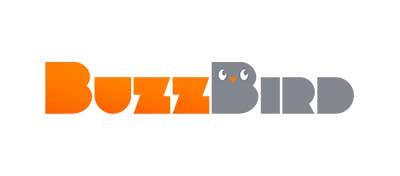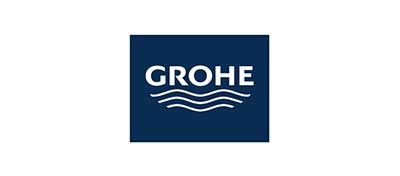Artificial intelligence and robots as the counterpart to human labour?
Artificial intelligence to create self-learning algorithms, humanoid robots and networked sensors – every new step in this direction sees things that were formerly the purview of a distant future turn into reality in the present day and age. Our society and economy are not just on the cusp of a radical change: they’re already in the midst of it.
Values that were previously fixed and analogue are increasingly being transformed into digital formats with the goal of storing information digitally and making it available for electronic data processing. Work processes that were formerly undertaken by humans are now more likely to be handled by robotic machines – taking less time and with a lower error rate. Artificial intelligence was anticipated in theoretical form back in the 1980s, and now, thanks to big data and enhanced processor capacity, it’s becoming a reality.
The fourth industrial revolution itself shifted the focus towards modern technologies that created highly automated factory environments by integrating cyber-physical systems (CPSs). The pairing of information and software technology with mechanical units based on cloud computing brought with it a modified world of production and work that led to human workers being seen in different ways and in a fresh light. One question really drove the discussion about industry 4.0: will robots and artificial intelligence replace human labour?

Industry 5.0 as a driver of innovation in the interplay between humans and machines
Secondly, economic pressures and the overwhelming nature of the brand-new technological developments stifle innovation. Given the plethora of options to choose from, brands and organisations often cannot see the wood for the trees. Good advice is more in demand than almost ever before. In this respect, future-looking, holistic consulting is key, an approach that enables the company to step away from its stance of watching and waiting and move towards proactivity.
Actively shaping the future, today
Going forward, consulting should be based on data and be measurable, or be made measurable. And this is precisely at the heart of the issue: clarity and guidance for the consulting market. In our view, we need scientifically developed models, methods and findings to achieve this. Skills in AI and psychological diagnostics are not merely useful: they are indispensable. We collaborated with Nordakademie Hamburg to explore this topic.
A team of six students from Nordakademie Graduate School (based
in Hamburg’s Dockland) in the fields of business psychology, financial management & accounting, general management and marketing & sales management, wrote their master’s theses on the topic set by BOLD Consulting: ‘Consulting 5.0 – artificial intelligence for the consulting of the future’. The theses were supervised by Dirk Johannßen, PhD student in IT at the University of Hamburg, on behalf of Nordakademie Graduate School.
We would like to invite all our readers to take a glimpse behind the scenes. We’ll take you on our journey with us: our articles and guest posts will offer you an authentic insight into the expectations, successes and challenges we face over the course of this project.
We were curious and excited to see the results and the path that would lead us to them. Today, we can look back on the collaboration between Nordakademie Graduate School and BOLD Consulting with a great deal of joy.







